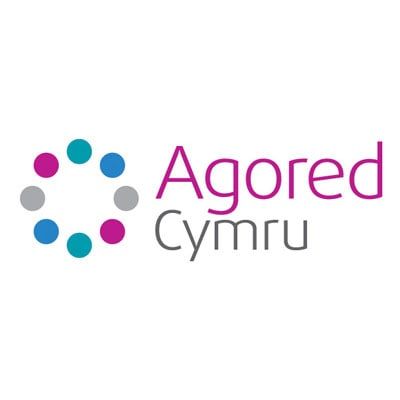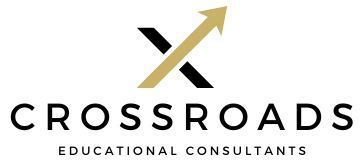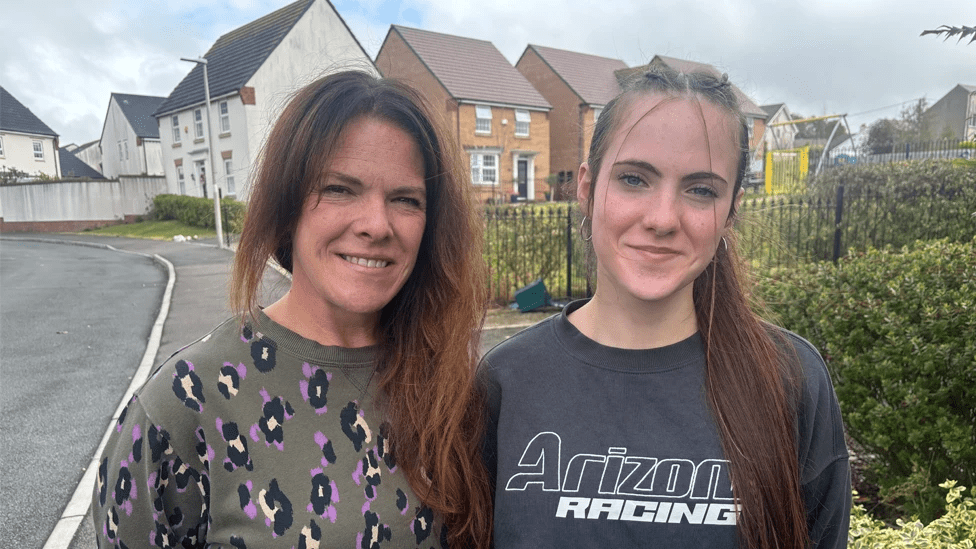by Kate Gibson
•
23 October 2025
When it comes to our children, few decisions feel as heavy as the one about whether to seek a diagnosis. As parents, we just want to do what’s best, to nurture, protect, and understand our child in every possible way. But when questions arise about learning, attention, behaviour, or emotional wellbeing, the path forward can suddenly feel uncertain. Recently, Gav and I found ourselves standing at this very crossroads with our own daughter. We began to notice differences, little things that didn’t quite fit the pattern of what we’d expected. Some days, we felt sure we were overthinking. Other days, we couldn’t shake the feeling that perhaps there was something more going on beneath the surface. That’s when we came across the phrase that has stayed with me ever since: “Not a label, but a lens.” Those five words changed how we viewed the entire conversation about testing, diagnosis, and support. The Case for Testing: Seeing Through a New Lens A diagnosis can offer clarity not as a verdict, but as understanding. It can shine light into areas that have long felt confusing or frustrating. It gives parents, teachers, and the child themselves a shared language to talk about what’s happening and how to help. For some families, a diagnosis opens doors to support that might otherwise be closed such aa access to resources, tailored strategies, and compassionate professionals who can make a real difference. For the child, it can be empowering. When a child understands why something feels difficult or why they think, learn, or respond differently it can ease shame and build self-awareness. Instead of asking, “What’s wrong with me?”, they can begin to ask, “What do I need?” That’s the beauty of the lens. It helps us see not just the challenges, but the strengths that come with difference. The Case for Waiting: The Power of Knowing the Child First But the other side of the conversation is just as important. A diagnosis can be helpful, yes, but it is not always necessary. Sometimes, in our urgency to find answers, we risk narrowing our view too soon. A label, if treated carelessly, can unintentionally define a child rather than describe them. It can shape expectations, both our own and others’, before we’ve truly taken the time to understand who that child is. Every child deserves to be seen and supported as an individual first. Testing should never replace connection, patience, and curiosity. In some cases, the best approach is to continue observing, adapting, and working collaboratively between parents, educators, and the child themselves without the pressure of a formal label. Standing at the Crossroads And so, that’s where we found ourselves somewhere in between. Wanting to know more, yet not wanting our daughter to be reduced to a word or category. In the end, what helped us most was reframing the question. Instead of asking, “Should we test or not?”, we asked, “What do we hope to understand?” When we began to see the process as a tool for insight, not an endpoint or a judgment, the decision became gentler. Whether we went ahead with testing or not, we knew our goal was the same: to work with our daughter, not on her. Not a Label, but a Lens Every child is unique. Some thrive when we have the language that a diagnosis provides; others simply need time, support, and empathy to grow in their own way. A label, in itself, changes nothing. What matters is how we use it, whether we choose to see it as a lens that helps us look more closely, understand more deeply, and respond more compassionately. So if you’re at that same crossroads, unsure whether to test or not, know that it’s okay to sit in the uncertainty for a while. The very act of asking the question means you’re already seeing your child clearly: as a whole, complex, wonderful person who deserves to be known, supported, and celebrated exactly as they are. Get in touch: info@crossroads.wales or Contact Us — Kate , Director, Crossroads




